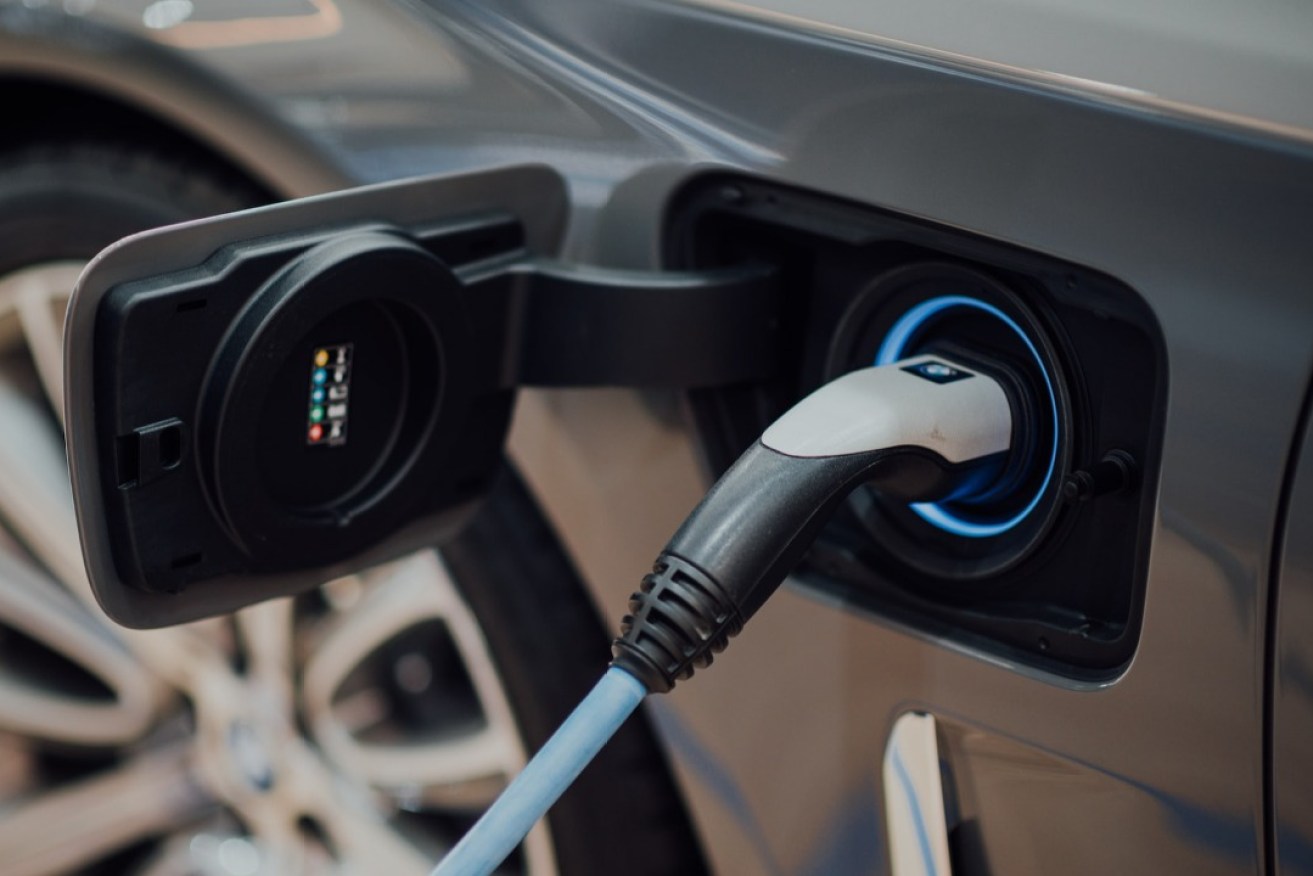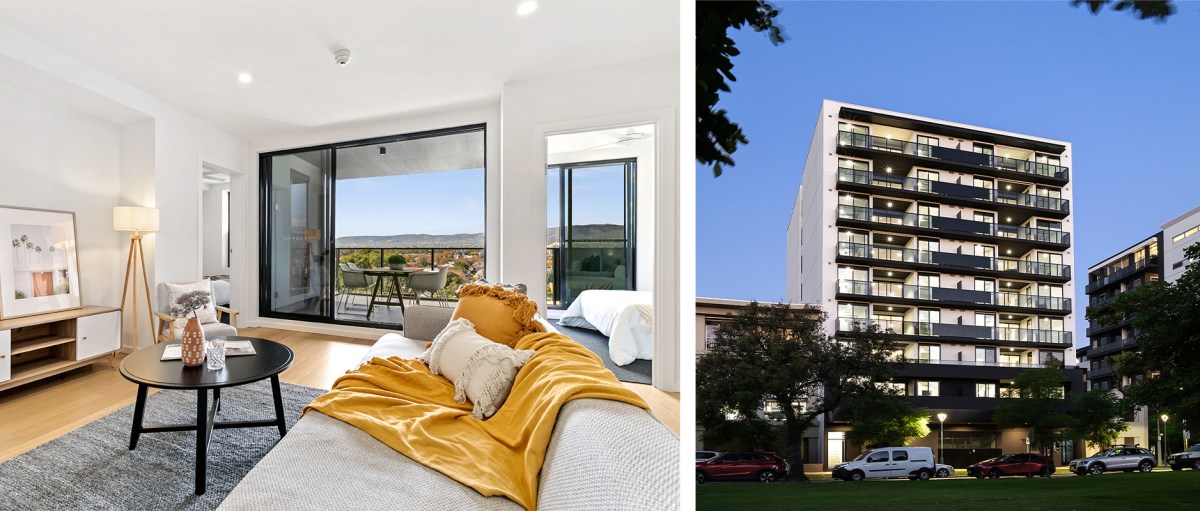Electric cars fuelling demand for apartment charging stations
Residential developers across South Australia are incorporating electric car-charging systems into their garages to meet the soaring demand for eco-friendly vehicles.

Photo: Chuttersnap, Unsplash
The issue of providing for electric vehicles (EV) is also a priority for strata corporations and committees, as they are tackling more requisitions for EV charging stations.
Sales of electric cars in Australia soared past 20,000 last year, and many governments globally are already moving to phase out petrol engine vehicles.
The federal government predicts almost 90 per cent of all new cars sold within eight years will be electric, fuelling a demand for more charging outlets, including within new housing developments.
Electric vehicle-charging systems will be one of the key selling points of the fourth stage of the Hurtle & Co apartment complex on Halifax Street.
Developed by Forme Projex, the inner-city apartment complex won an Urban Development Institute of Australia award last month for excellence in high-density housing development. The award recognises the best high-rise apartments under five-storey and with fewer than 30 apartments.

Award winning Forme Projex Halifax Street Development. Images: Hurtle & Co.
While the charging stations are yet to be connected, developers have rolled out an embedded solar energy network that can connect to metered charging outlets. This allows residents to charge their electric vehicles without impacting the cost of their neighbour’s electricity.
Forme Projex founder Andrew Hudson says these types of systems will become commonplace in future residential developments.
“Every developer would need to make provision for this in the future,” Hudson said.
“In Europe, you’re now hearing that by 2035 they’re not going to have internal combustion cars and given we’re such a small market where everything is imported.
“As a life cycle, if I’m buying an apartment today and I’m thinking of living there for 20 to 30 years, 2035 is only 13 years away, so we’re kind of warming up to the last part of that cycle now.”
One of Australia’s leading body corporate and strata management companies, Whittles, sponsored the High-Density Housing award.
Whittle’s general manager, Rino Parrella, says electric vehicle charging stations are a relatively new issue for strata corporations and committees but one they are increasingly tackling due to the surge in demand.
Parrella says installing such outlets in older apartment complexes is more challenging. Owners can apply to their strata board to install a charging station, including on behalf of their tenant.
“The most important consideration is the capacity of the building to manage the additional electrical load,” Parrella said.
“For example, if the existing infrastructure only has five per cent capacity, but ten per cent of owners want to use a charging station, a complete rebuild of the power boards may be needed to allow for additional capacity.
A committee can engage an electrical engineer to inspect the building and its current load capacity and advise what may be required to allow for the installation of electric vehicle charging stations.
“In situations where an individual owner wants to install their charger, they’d be solely responsible for managing the works required because they’re the only one obtaining the benefit.”
The cost to the resident of installing such a unit can range from $750 to $2,500 depending on the size of the needed station.
“There are various ways committees can manage the increased electricity costs associated with providing charging stations given its unlikely many residents will use the chargers in the short term,” Parrella said.
“These options include billing back to users, a charge back to individual meters or a swipe/credit card option.”





